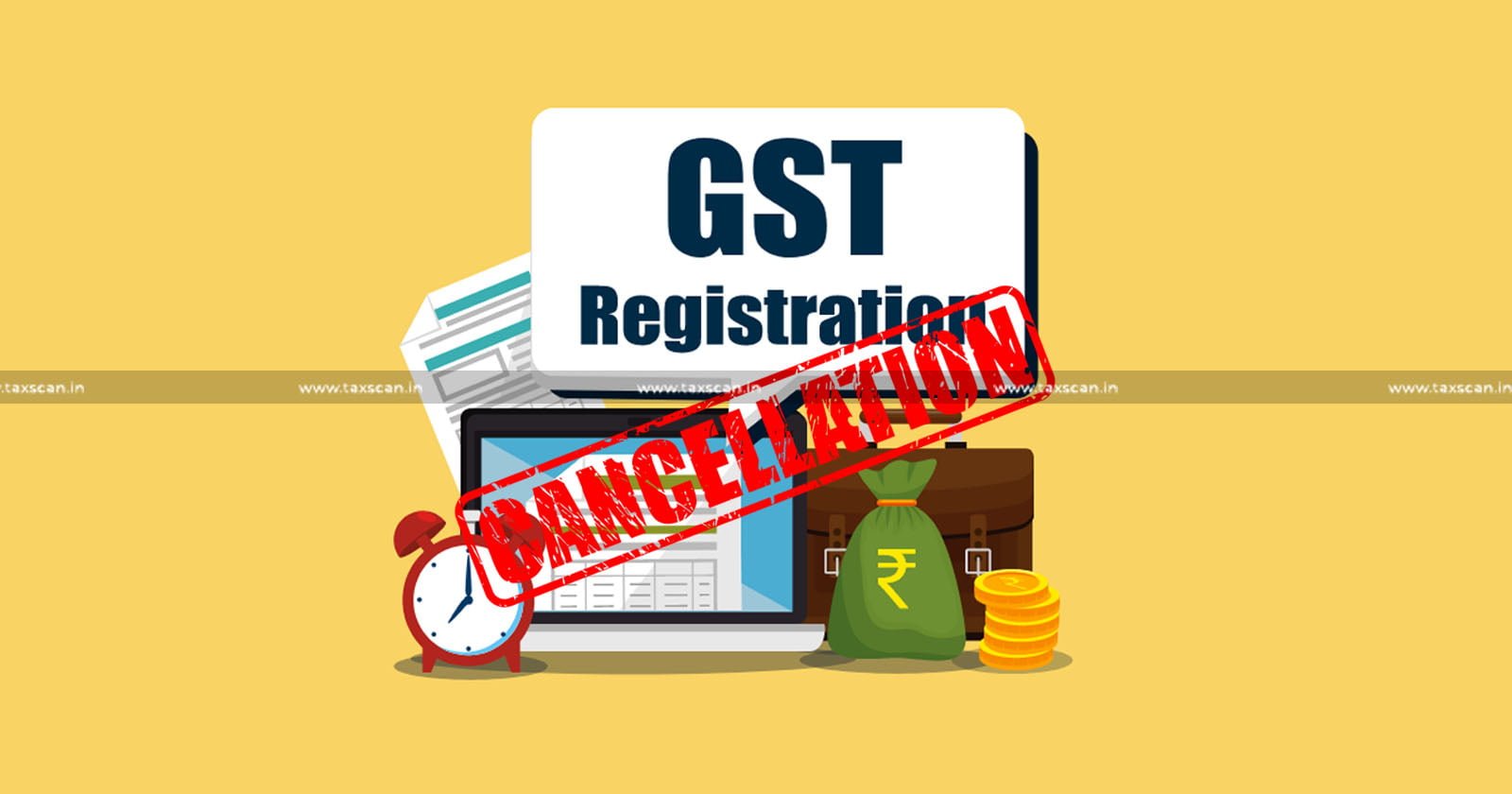Deposit in GST Electronic Cash Ledger Considered Payment to Government, Bail Terms Satisfied: Gujarat HC [Read Order]
The Court observed that the respondent deposited Rs. 90 lakhs on time, discharging the tax liability under Section 49 of the CGST Act, 2017.
![Deposit in GST Electronic Cash Ledger Considered Payment to Government, Bail Terms Satisfied: Gujarat HC [Read Order] Deposit in GST Electronic Cash Ledger Considered Payment to Government, Bail Terms Satisfied: Gujarat HC [Read Order]](https://images.taxscan.in/h-upload/2025/10/07/2094674-electronic-cash-ledger-taxscan.webp)
The High Court of Gujarat, held that a deposit in the Goods and Service Tax ( GST ) Electronic Cash Ledger is considered payment to the Government and rejected an application seeking cancellation of bail.
The Revenue-applicant, the Superintendent (AE) of Central GST & Central Excise, Gandhinagar, filed an application to set aside the Court’s order dated 25.10.2024 in Criminal Misc. Application.
The Applicant counsel stated that the applicant was the original complainant, while Virbhadrasinh Pratapsinh Chauhan & Anr.,respondent-assessee, was the original accused. The counsel submitted that respondent no.1 had committed certain illegal acts and failed to follow statutory provisions, causing a loss to the Government Exchequer.
An FIR was registered against him on 02.09.2024, after which investigation began and he was apprehended. He subsequently filed a bail application, which the Court granted.
The counsel noted that the accused had already deposited Rs. 60 lakhs and had undertaken to deposit Rs. 90 lakhs within seven days. The Court accepted the bail application on this basis but imposed a condition to deposit the amount within the stipulated time. Respondent no.1 failed to comply with this condition, breaching the bail terms.
Documents submitted with the application showed that the accused deposited Rs. 90 lakhs in his company’s electronic cash ledger but did not debit it to the Government via Form GST DRC-03. Merely crediting the amount in the ledger did not transfer it to the Government Exchequer, and the accused could still use it.
By not making the required debit entry, he violated the bail conditions. The counsel submitted that the application had merit and requested that the bail order be quashed and set aside.
The Respondent counsel, appeared for respondent no.1/accused and opposed the application. He submitted that respondent no.1 had credited Rs. 90 lakhs to the Government Electronic Ledger on 01.11.2024, with Rs. 45 lakhs going to the CGST portal and Rs. 45 lakhs to the SGST portal.
He produced receipts, payment challans, and the Electronic Cash Ledger to show that the deposit was made within the stipulated period and the Court’s bail conditions were fully complied with.
He argued that the applicant’s claim that the amount could still be used by respondent no.1 was incorrect. He referred to Section 49 of the CGST Act, 2017, which treats the date of credit to the Government account as the date of deposit in the Electronic Cash Ledger. He also stated that filing Form GST DRC-03 by the applicant could affect their right to appeal, as it would amount to admitting the amount.
 Also Read:GST SCN Sent to Old Address After Cancellation of Registration Invalid: Bombay HC Quashes Revisional Order [Read Order]
Also Read:GST SCN Sent to Old Address After Cancellation of Registration Invalid: Bombay HC Quashes Revisional Order [Read Order]
The counsel relied on Arya Cotton Industries Vs. Union of India [2024] (Gujarat), which held that amounts deposited through challans are immediately credited to the Government account and later adjusted against tax liability. He concluded that respondent no.1 had complied with all conditions, the amount was properly credited, and the application had no merit.
Justice Divyesh A.Joshi, after hearing the advocates and examining the record including the impugned order, observed that the application sought cancellation of bail on the ground that respondent no.1 had allegedly failed to comply with the bail conditions.
The Court referred to Section 49 of the Central Goods and Services Tax Act, 2017, and para-24 of Arya Cotton Industries (supra), which clarified that once an amount is credited to the Government account, the tax liability of the registered person is discharged, and any debit in the Electronic Cash Ledger is only for accounting purposes at the time of filing the return.
The bench noted that the bail order was passed on 25.10.2024, and respondent no.1 was required to deposit the amount by 02.11.2024. Records, including the Electronic Cash Ledger from 01.04.2024 to 29.11.2024, showed that the deposit was made on 01.11.2024. Therefore, there was no breach of the bail terms.
The Court also dismissed concerns that the amount could still be used by respondent no.1, as he was prepared to file an undertaking stating he would neither use it nor claim a refund.
The High Court further observed that the standards for granting bail and cancelling it are distinct and must follow Apex Court guidelines. Considering these facts, the Court held that the application for cancellation of bail lacked merit and rejected it, discharging the notice.
Support our journalism by subscribing to Taxscan premium. Follow us on Telegram for quick updates


